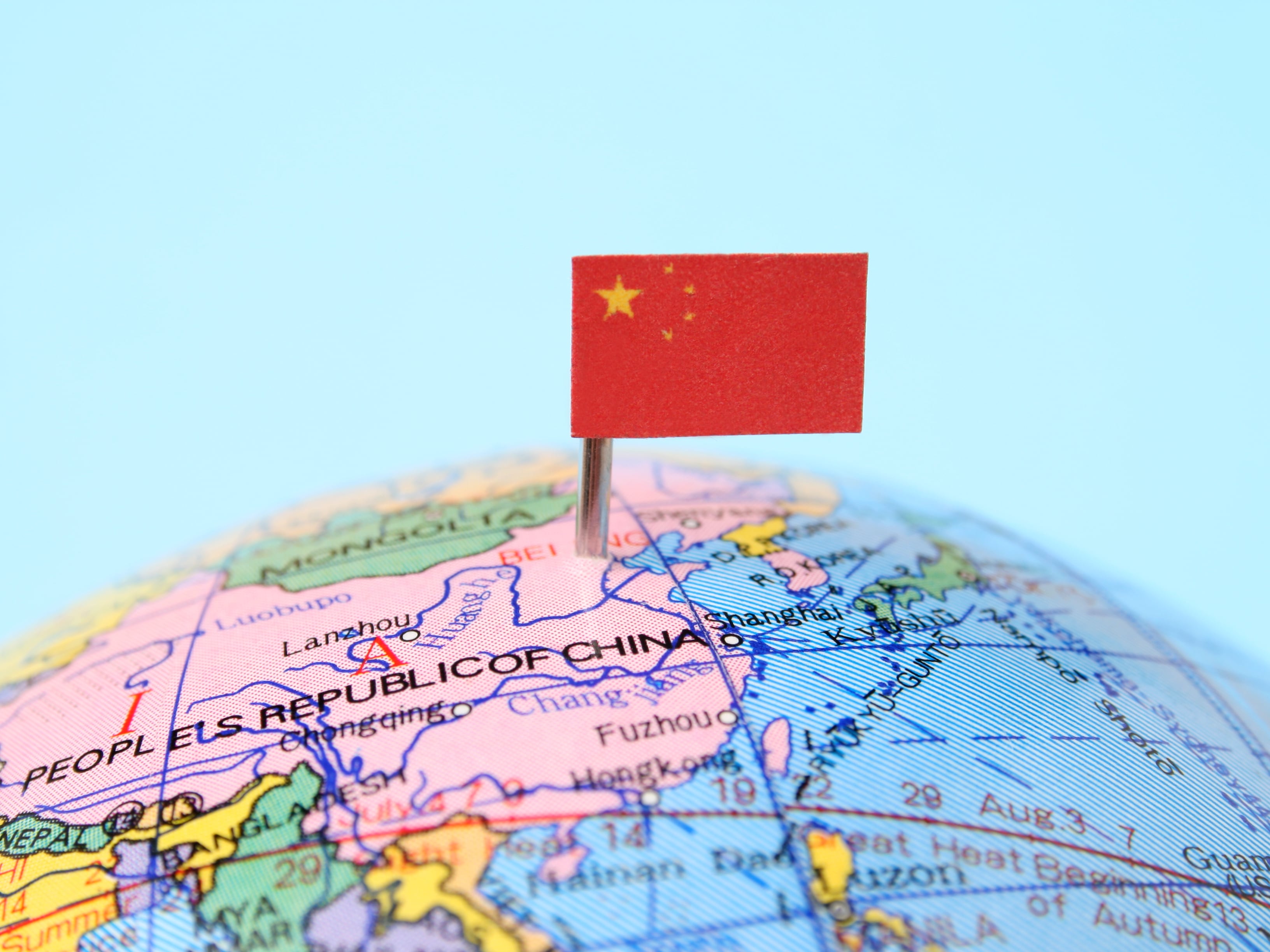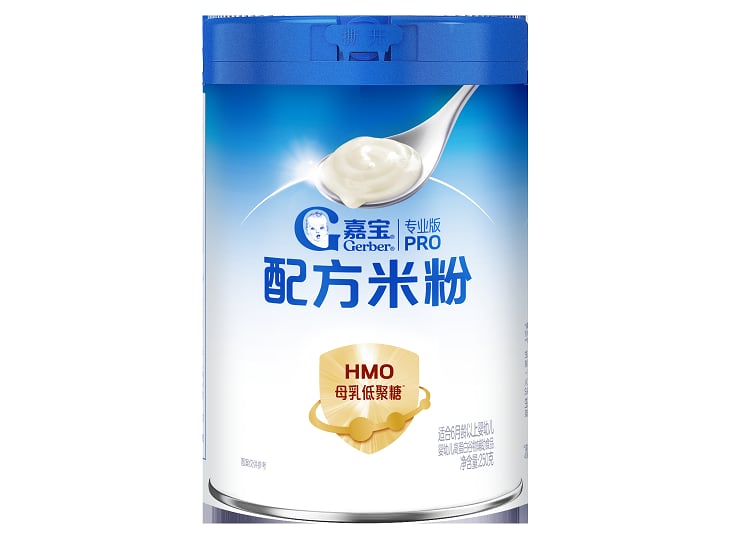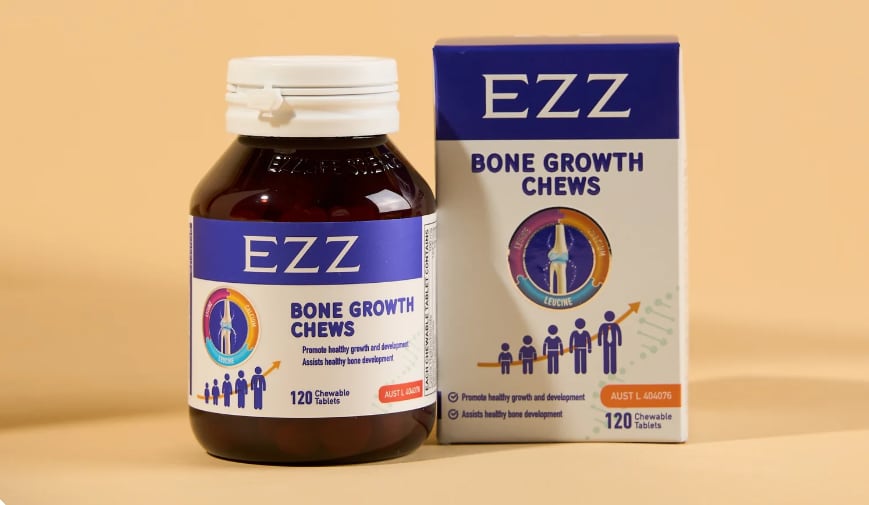The annual expo was held in National Convention and Exhibition Center, Shanghai from June 24 to 26.
Emergence of next-gen probiotics
There is a noticeable increase in the number of functional ingredient suppliers exhibiting next generation probiotics in this year’s show.
Akkermansia or AKK genus of bacteria is one of the most prominent next gen probiotics.
At the species level, Akkermansia muciniphila is an example that is already commercialised and made into finished products.
One of the reasons for its rise is the association of Akkermansia with weight management and metabolic health, Dr Susan Jin, head of BU, IFF Health Sciences Greater Asia told us.
In social media, Akkermansia muciniphila has been popularised as the “skinny bacteria” or Shouzijun (瘦子菌). At the same time, weight management is promoted by the Chinese government in its three-year weight management plan running from 2024 to 2027.
“Many people see Akkermansia as a weight management solution and increasingly for metabolic health support," said Dr Jin.
“A lot of consumers are eagerly looking for AKK products, as you know, they will go online such as RED to search for information, and that’s how they came to know that it is linked to metabolic health.”
The buzz around Akkermansia has caught the interest of French food and nutrition giant Danone.
Just last Thursday, it announced its acquisition of The Akkermansia Company - also the winner of NutraIngredients Microbiome Modulation Product of the Year Award 2025 announced at the ceremony in Barcelona last month.
The Akkermansia Company’s core product is a pasteurised Akkermansia muciniphila MucT which is said to reinforce the gut barrier, reduce inflammation and help manage obesity, diabetes, and cardiovascular diseases.
One of the key differences between the next-gen probiotic and first-gen probiotics is the technical difficulty associated with isolating and manufacturing it.
As such, many AKK strains present in the market are in fact, heat-killed strains or postbiotics, Dr Jin pointed out, adding that IFF is said to be the first in successfully producing live Akkermansia at industrial scale.
She was referring to the strain Akkermansia sp. DSM 33459 - IFF’s proprietary gram-negative Akkermansia species produced at its R&D site at Dange-Saint-Romain.
At the regulatory level, most Akkermansia strains has achieved self-GRAS (Generally Recognized as Safe) status.
Others such as South Korea’s CJ Bio BiomeNrich™ POST M005 postbiotic has received the New Dietary Ingredient Notification (NDIN), while China Thankcome’s live and inactivated AKK PROBIO have passed GRAS as of March and February this year.
“We are still at a very nascent stage, because we are at a stage where many people are not quite sure what AKK exactly is," said Dr Jin.
For example, she cautioned against falling into the trap of thinking that AKK is synonymous with next-gen probiotics. This is because next-gen probiotics also encompass bacteria from other genus.
“Another important thing is consumer education, because if consumers are not yet clear about first gen probiotics and if you were give them the next-gen or second gen probiotics, this will be quite risky because they do not know the difference between the two,” she said.
Infant and kids nutrition a growth engine
Although birth rate in China is on the decline, the infant and kids nutrition is still a promising sector, especially because Chinese parents are willing to splurge on their kids’ nutrition.
Michael Lee, CEO of UUStar Corporation, a North Carolina-based distributor of health supplements such as Enzymedica, BACH, DailyVita into China via cross-border e-commerce, said that kids nutrition was one of their bestselling categories in China.
“China parents, like many Asian parents, are willing to scrimp on themselves but are willing to splurge on their kids. They do believe that quality and ingredients of imported products are better.
“But this is also a challenge as we will need to communicate to our US partners in manufacturing kids-centred products, because this is not a major category in the US,” he told us.
With human milk oligosaccharides (HMOs) such as 2′-fucosyllactose (2′-FL) approved for use in infant formula and complementary foods in China, this has speed up new product development for infant and kids nutrition.
For instance, probiotic strains that are compatible or feed on HMOs in producing beneficial short-chain fatty acids are gaining industry interest.
Examples of such strains include those from the infantis species, Xin Yu, senior sales manager at Morinaga Milk Industry (Shanghai) told us.
This is also why the company was focusing on Bifidobacterium longum subspecies infantis M-63 for the show this time round.
More market competition, more price pressure
As consumers tighten their purse strings or what is described as consumption downgrade, market competition has become more intensified.
Lee, who has been importing overseas brands into China, noted that a more acceptable price range for Chinese consumers these days would be around 200 yuan (US$27) for a product.
This is also the case for imported products from highly regarded manufacturers in the US.
“Four to five years ago, if a product is marketed as a number one bestseller in the US, there is no reason why it would not sell well in China.
“Consumers are also more willing to spend 400 to 500 yuan (US$55 - $69) to try out a new product that is said to be effective.
“But now, this is less common and consumers are more eager in getting the most bang for their buck and so we need to adjust accordingly,” said Lee.
Yu similarly noted the rise in functional ingredients sold at low prices.
“The China health supplements market is especially competitive. As you can see, there are many players in the industry based on the number of companies exhibiting in the show, including local companies.
“Some companies are selling their ingredients at ‘cabbage prices’ or a few hundreds when such functional ingredients are usually sold in the range of a few thousands. These ingredients may not be backed up by clinical studies or literature evidence,” he said.
In view of a more competitive market, Lee believes that a feasible strategy is to provide differentiated instead of “me-too” products.
As such, he believes that offering digestive enzyme products for gut health - as in the case of Enzymedica - can help stand out from the sea of probiotics in China’s market.
“This is also the reason why I am only focusing on two brands - Enzymedica and BACH for this trade show, because there are basically few to no competitors in this category.
”China consumers tend to think of probiotics when it comes to gut health and are less likely to think of digestive enzymes, this is a growth opportunity for us, but we will need to conduct consumer education as well," he said.
“Consumption downgrade” was also a sentiment highlighted by GNC China, Huang Xiao Lei, person-in-charge of GNC China strategic centre said during her presentation.
She mentioned the above during its presentation on how it has developed nutritional products and engaged consumers through different e-commerce and social commerce platforms.
“While consumption has decreased and consumers are less willing to spend, they are becoming more health conscious at the same time and we are seeing e-commerce sales of health supplement growing rapidly,” she said.
Douyin snapping up market shares
As compared to past years, there was also a noticeable increase in seminar talks given by from e-commerce firms and interest commerce firms in this year’s expo.
Examples which have given a seminar talk include Amazon, JD Health, Bilibili, RED, and Douyin - China’s version of TikTok.
In fact, Douyin is rapidly gaining market shares in China’s health supplement sales channels, based on Huang’s observations.
While Alibaba’s Tmall and JD Health have traditionally occupied the lion’s share in China‘s e-commerce sales of health supplements, Douyin is fast gaining market shares, especially from Tmall.
Huang pointed out that last year, 40.3 per cent of health supplements online sales came from Tmall, followed by Douyin at 38.8 per cent, and JD Health at 20.9 per cent.
This was a drastic change from two years ago in 2022, where more than half of the sales (59.6 per cent) came from Tmall, followed by JD Health at 21.4 per cent and Douyin at 18.9 per cent.
The three now make up the “big three” in China’s health supplements e-commerce sales, said Huang.
One reason why Douyin is rapidly gaining market shares from Tmall could be because both are centred on pulling in consumer numbers via different means.
This is a reason why even conventionally unknown brands sold at a premium can become a big name on Douyin, she said.
This has also given rise to the phenomenon of “e-commerce only brands”, where marketing is at the crux of success.
“Tmall’s strategy is - we will be present at wherever consumers are. Douyin is also similarly centred on pulling in consumer traffic, which is why it has eaten into Tmall’s market share.”
JD Health, on the other hand, has remained relatively stable in its market sales shares due to a different strategy of engaging consumers with brands-centred strategies.
This also presents opportunities for different products and brands to shine on different platforms, she said.
On Tmall and Taobao, for example, the top five categories in terms of sales and growth rate include vitamins and supplements, probiotics, protein powder, fish oil, and calcium.
On JD Health, the trend was largely the same except that algae oil is a bigger category than fish oil and supplements and minerals for kids are also a bigger category than calcium.
On Douyin, collagen, vitamins and minerals, protein powder, probiotics, and beauty-from-within were the top five categories.





